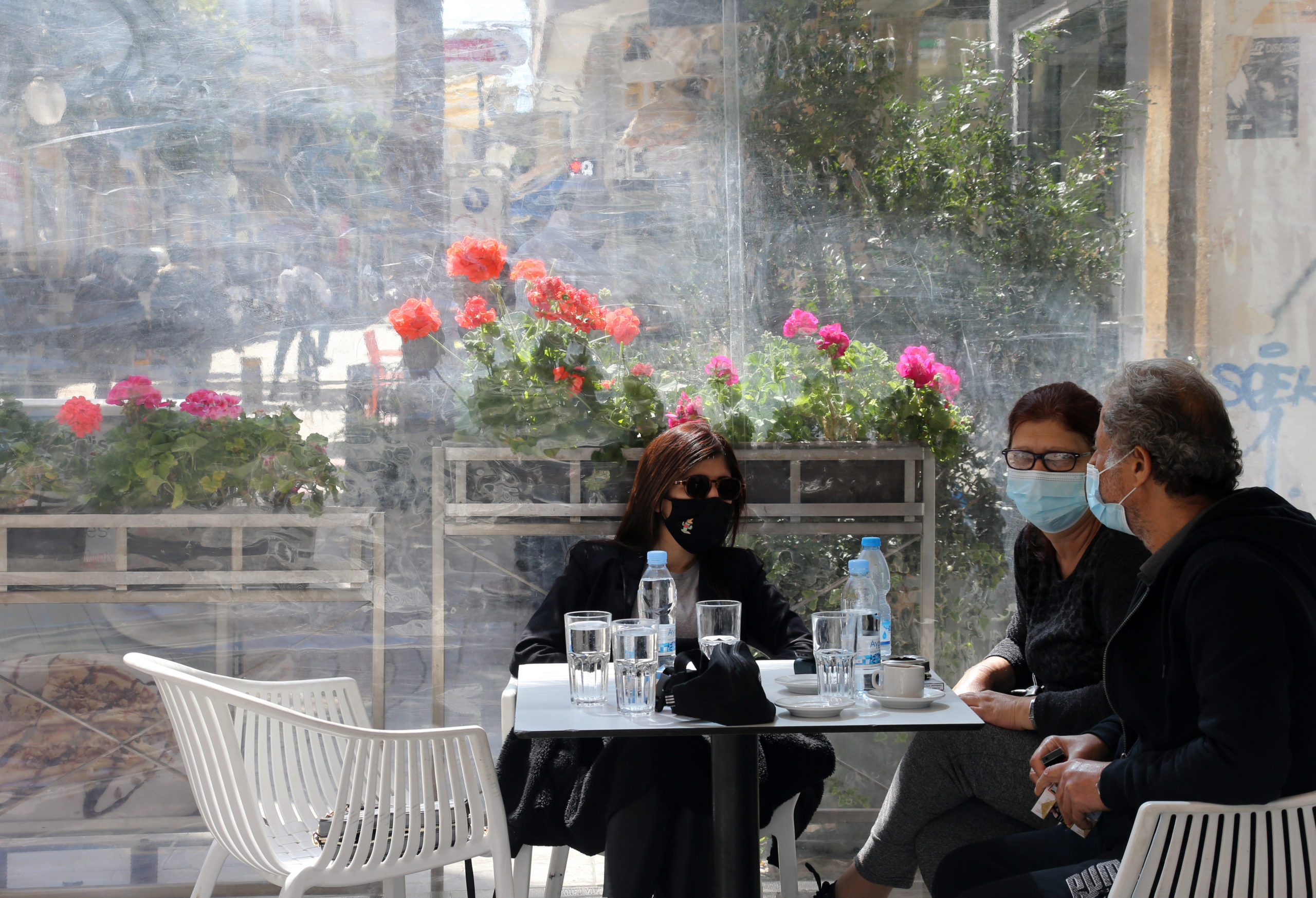Cyprus’ hospitality sector is experiencing rising worker shortages, with job vacancies at their highest in recent years, forcing establishments to reduce operations.
A leading business lobby group has warned the government that it could take two years to resolve without addressing the issue, damaging the economic recovery from the coronavirus pandemic.
The Cyprus Franchisee Association, representing all major franchises on the island, told the Financial Mirror the shortage in labour has put immense pressure on the sector, forcing businesses to partially close off establishments and put off plans for new ventures.
Chris Christodoulou, President of the association, said the pandemic had altered the labour market, as it has pushed European staff working in Cyprus to return home.
“This combined with an improvement of their home economies, made people from countries like Poland, Romania and other Balkan countries who used to come to the island to work in the sector, prefer to stay home,” Christodoulou said.
He added that at the same time, Cypriots who had been in the industry are leaving to pursue better-paying jobs in other sectors that are also suffering from the lack of staff.
Christodoulou said that one in four people formerly employed in the hospitality industry had left the sector in the past two years.
The hospitality sector employs 15,000 to 20,000 according to the season.
Christodoulou, the CEO and Chairman & CEO of TGI Fridays & Hard Rock Café, said that Fridays had closed part of their Limassol Marina restaurant as there is not enough staff to serve customers.
“We were essentially forced to shut down part of the establishment, as finding people to work in the industry is short of a nightmare.”
However, Christodoulou said the chain would be opening another restaurant at Larnaca’s Metropolis Mall on 16 September, at a higher cost as they have to transport staff from branches elsewhere.
“Finding people to staff the Larnaca mall’s outlet turned to be a real feat for us.
“We had to take staff from the Limassol restaurant and the one on the Phinikoudes seafront, just to be able to open with the minimum staff required.”
Ayia Napa establishments have also seen their share of difficulty in trying to find staff.
Christodoulou said that TGI Fridays were not the only hospitality franchise opening in the new Larnaca Mall to have issues with finding staff.
He said that Cypriots traditionally do not have the hospitality sector high on their job preferences, while the reopening of the economy has seen new jobs created in other more ‘attractive’ industries.
According to Eurostat, seasonally adjusted unemployment in Cyprus fell to 5.2% in July, continuing a steady decline after having peaked in May at 10.5%.
By comparison, in July 2020, unemployment stood at 7.9%.
“When it comes to Limassol, we have a lot of staff, who have left the industry to join one of the many Forex companies working out of Limassol which offer higher salaries and a more challenging work environment.
“Who would reject an offer to work for these companies?”
He argued that if authorities do not address the labour shortage in services, businesses will suffer, triggering a slowdown in economic recovery.
Foreign workers
Christodoulou said the hospitality and other key industries are asking the government to step in by amending laws regarding the employment of third country nationals.
“At the moment, we are not allowed to bring in workers from third countries.
“However, we argue that since we are not able to find Cypriots and people from EU member states willing to work in the industry, we should be allowed some freedom to bring in foreign workers.”
Christodoulou stressed this is not a con to bring in cheap labour and that business owners are committed to rewarding any third country worker with the same benefits given to locals.
Confirming labour shortages in hospitality and skilled professions, the Federation of Employers, and Industrialists (OEB), said it has to be addressed sooner rather than later.
Lena Panayiotou, head of OEB’s Industrial Relations & Social Policy Department, called on the government to allow businesses active in the hospitality sector to employ workers from third countries.
Panayiotou said this does not mean businesses would be given a free hand to bring in as many employees as they wish, but the authorities could set a ceiling.
She suggested authorities could allow businesses to employ international students on the island or employ a certain number of asylum seekers who the government is currently supporting.
Asked whether the issue could be solved by increasing entry-level wages, Panayiotou agreed it could make the sector more attractive but would bring about a negative chain reaction.
“The cost of production will increase with the increase in labour cost, which, at least partially, will be rolled down to the consumer, pushing prices up.
“This, in turn, will make services more expensive, making the island a more expensive destination for tourists.”
Panayiotou said shortages are recorded in the skilled labour market, such as carpenters, bakers, and ironworkers in the construction sector.
She said stakeholders have to join forces with the authorities in redesigning the education system, making it more responsive to labour market needs.
“A responsive education system will allow students to develop a set of skills aligned with labour market needs in the short and long term.
“This can be beneficial for individuals and the economy as a whole.”










